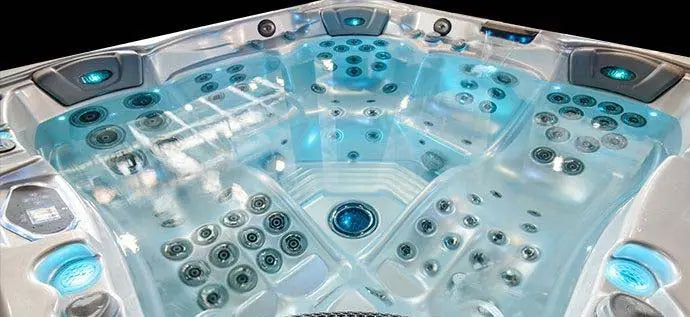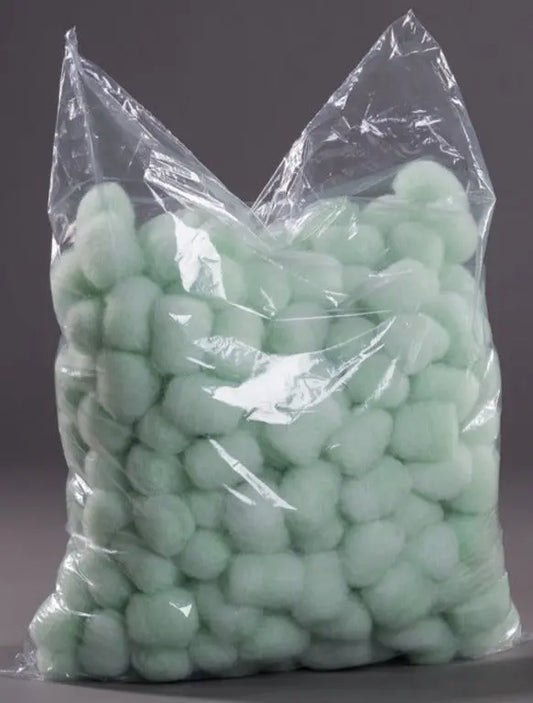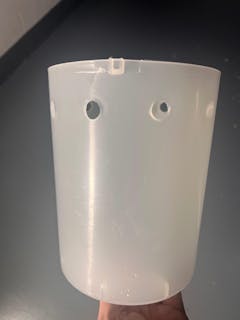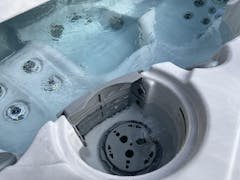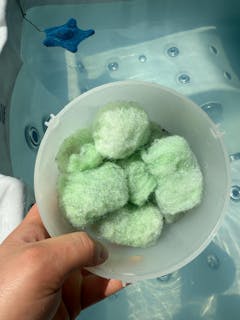Hot tub chlorine - general
Chlorine is an indispensable disinfectant for hot tubs to keep the water clean and safe. But what types of chlorine are there for hot tubs and what are the differences between organic and inorganic chlorine?
What is organic hot tub chlorine and why is it the wrong chlorine for hot tubs?
Organic chlorine, such as trichlor or dichlor, is unsuitable for use in hot tubs because it can lead to an accumulation of cyanuric acid and does not kill biofilm. This can cause problems with water quality and reduce the effectiveness of chlorine. Over time, the hot tub becomes "chlorine addicted" and the demand keeps increasing.
Which chlorine works against biofilm in the hot tub and what is biofilm?
A common problem in hot tubs is the formation of biofilm, a layer of bacteria and other microorganisms that attach to surfaces and are continuously released into the water. Inorganic chlorine, such as sodium or calcium hypochlorite, is effective against biofilm and helps to combat it. We recommend HTH shock chlorine red!
Which chlorine is right for hot tubs and how much should be dosed?
For hot tubs, it is recommended to use inorganic chlorine, as it disinfects effectively without generally impairing the overall water quality. The dosage depends on the size of the hot tub and the frequency of use. It is recommended to regularly measure the chlorine level and dose accordingly.
What alternatives are there as disinfectants for hot tubs instead of chlorine?
There are also alternative disinfectants for hot tubs, such as bromine or active oxygen. These can be a good option for people who are sensitive to chlorine or looking for a chlorine-free alternative. However, it is important to consider the respective advantages and disadvantages of the different disinfectants.
More about hot tub water care here?
What to do with hot tub with cloudy water?
Ozone disinfection for hot tubs

